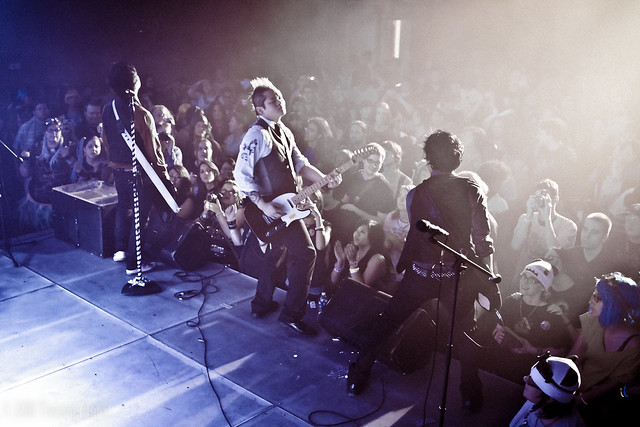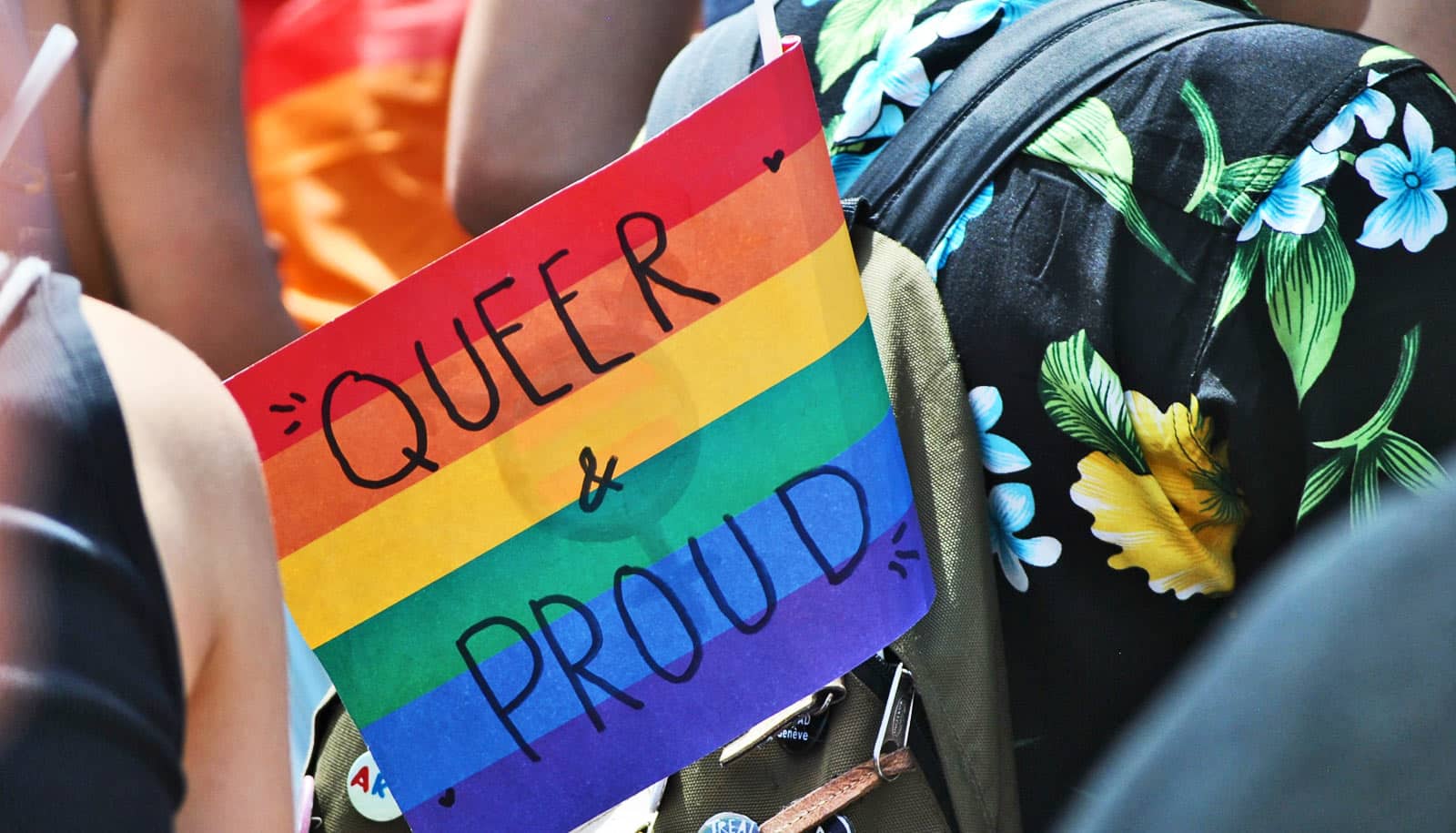Reclaiming disparaging words, a process called reappropriation, could be a way for targeted groups of people to neutralize uncivil speech, say political scientists.
“The purpose of this research is to test several hypotheses related to the process of reappropriation, using ‘The Slants’ controversy as our general context,” says Lee Epstein, professor at Washington University in St. Louis and a coauthor of the study in the journal Political Psychology.
“Based on a survey-experiment of a representative sample of the American population, our analysis examines how people who are and are not members of the targeted group evaluate reappropriation,” she says.
In 2017, the US Supreme Court found that members of the Asian-American punk rock band The Slants had the right to call themselves a disparaging name. The band has said it wanted to reclaim what is often considered a slur against Asians.

Using data from the American Panel Survey, Epstein and coauthors James L. Gibson, professor of government, and Gregory Magarian, professor of law in the School of Law, found that, under some circumstances, words that seem to insult a group can be disarmed and neutralized.
“When a group is seen as taking control of a historically disparaging term, it can indeed neutralize the insulting content of the term,” Gibson says. “And it does so among the group that is the target of the insult, as well as among members of the majority group. Reappropriation does seem to work in the sense of defusing insults, rendering them less disparaging and harmful.”
“Our analysis also connects to more general conclusions about uncivil discourse and intergroup conflict,” says Epstein.
“First, context matters,” she says. “In one of the Supreme Court’s seminal free speech rulings, the case turned on whether calling someone—a police officer—a ‘goddamn racketeer’ constitutes ‘fighting words.’ Such an epithet seems quaint in the context of contemporary American politics. The power of words is undoubtedly context dependent.”
Second, the researchers found it unlikely that disparaging slurs ever will be effectively removed from political discourse.
“Bad words exist in every society, whether they are spoken or not,” Gibson says. “What seems more important is that such words are allowed to contaminate discourse as little as possible, just as true fighting words make further debate improbable.
“Reappropriation is a strategy for neutralizing the sting of insults, perhaps allowing political arguments to proceed,” Gibson says. “To the extent that minorities can armor themselves against insults, via reappropriation or other tools, the marketplace of ideas is more likely to be effective. And, the bad words need not be banned.”
The researchers found that learning more about reappropriation processes—among majorities and minorities—seems essential for understanding political discourse and conflict in these politicized times.
“Reappropriation may not always work and may not always work for all,” Epstein says. “But political discourse is too important in a democratic society to allow it to be shut down because insults may wound minority groups. Because it is unlikely that the views of those who wish to issue insults can be easily changed, developing strategies to protect against group disparagement seems crucial for taming uncivil discourse.
“Reappropriation may be one such strategy for achieving that end,” Epstein says.



